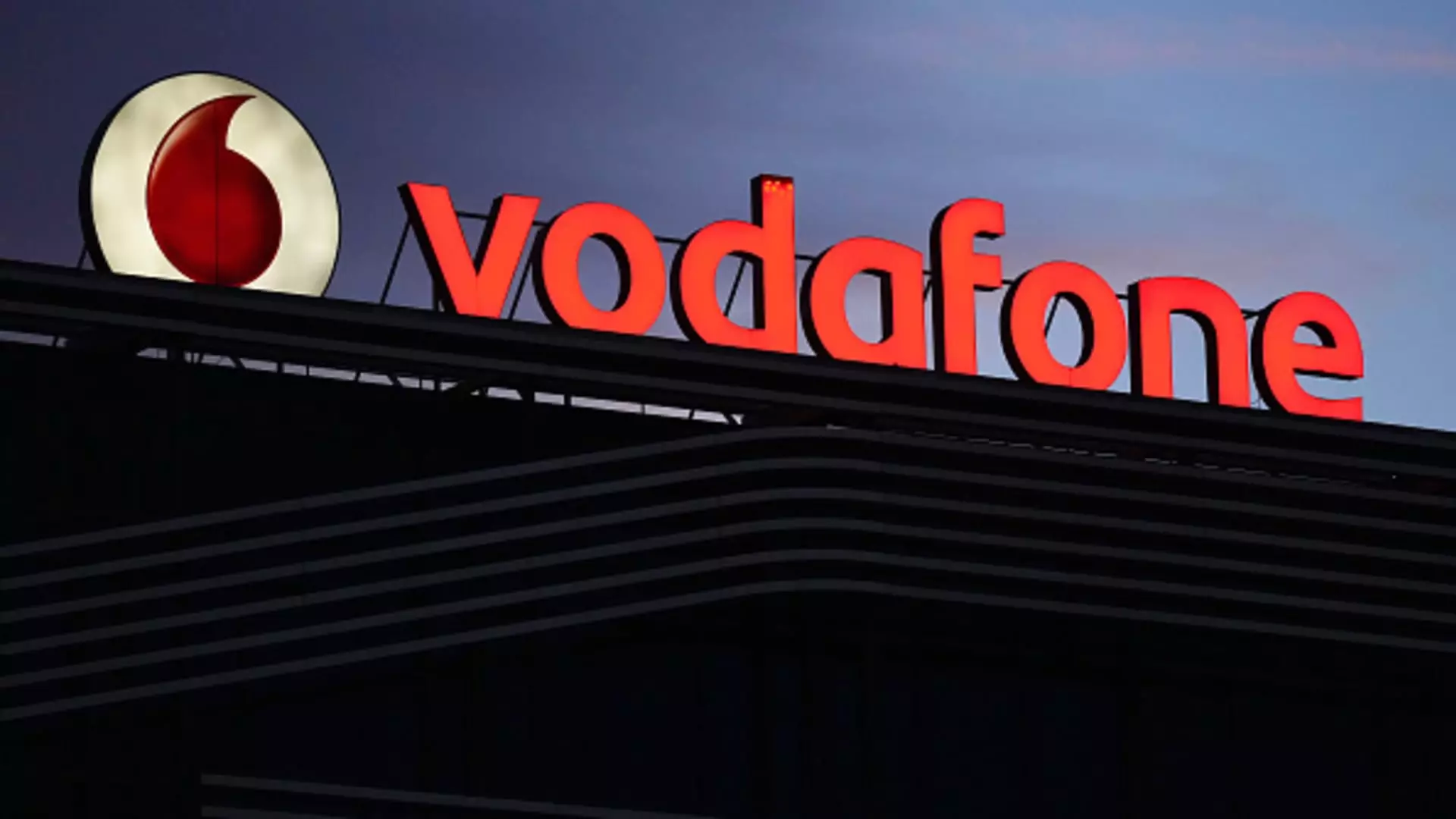The Competition and Markets Authority (CMA) in the U.K. recently announced that Vodafone’s proposed merger with rival CK Hutchison is set to undergo an in-depth probe unless both companies can provide satisfactory solutions to address the regulator’s concerns. The CMA had initiated its investigation into the potential tie-up back in January, citing worries that the merger could result in a substantial decrease in competition, leading to higher prices for consumers and creating an unfavorable environment for mobile virtual network operators (MVNOs).
One of the major concerns highlighted by the CMA is the possibility of reduced competition in the mobile network market in the U.K. Vodafone and CK Hutchison, both significant players in the industry, hold the potential to dominate the market post-merger, leaving consumers with fewer alternatives and potentially facing higher costs for services. The addition of MVNOs into this equation further complicates matters, as these operators heavily rely on existing telcos to provide services to their customers. Any disruption in the market dynamics could make it increasingly challenging for MVNOs to negotiate favorable deals for their customers.
In a joint statement, Vodafone and CK Hutchison expressed their confidence in the benefits that the merger would bring to the market. They argued that the current mobile network services in the U.K. lag behind other European countries and that the merger would enable them to compete more effectively against industry leaders such as EE and Virgin Media O2 (VMO2). By combining their resources, they believe that they would have the necessary scale to provide customers with better services and increase competition in the market.
Vodafone’s CEO, Ahmed Essam, emphasized that the merger would create an operator with the scale required to challenge the leading market players. He also mentioned that it would offer MVNOs a broader range of choices in the wholesale market, ultimately benefiting customers and the country as a whole. Similarly, the CEO of Three U.K., Robert Finnegan, believes that the merger would propel the U.K. into the digital fast lane, providing customers with advanced network services and fostering healthy competition in the market.
While Vodafone and CK Hutchison are optimistic about the potential benefits of their merger, the concerns raised by the CMA regarding competition, consumer choice, and the impact on MVNOs cannot be overlooked. As the investigation progresses, it will be crucial for both companies to address these concerns effectively to ensure that the merger is in the best interest of the U.K. market and its consumers. The outcome of the CMA’s in-depth probe will undoubtedly shed light on the future landscape of the mobile network industry in the U.K.


Leave a Reply